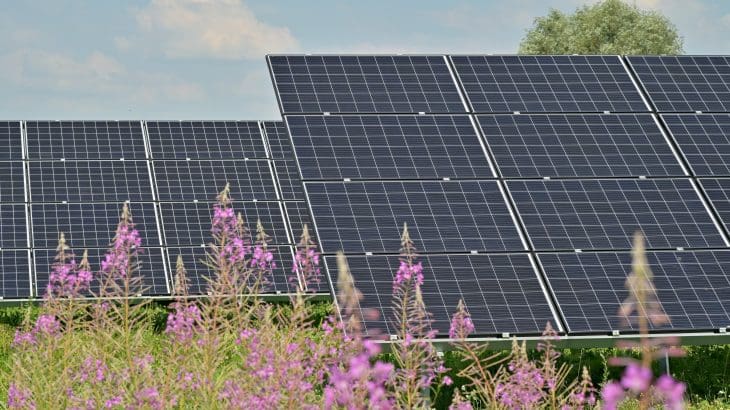Developing geothermal energy in the Eastern Caribbean could benefit from improved financing, government policy, and the establishment of a regional mechanism to support geothermal development in the region.
This information comes as result of a survey conducted by the Energy Unit of the Organisation of Eastern Caribbean States (OECS) Commission on geothermal development in the region, gathering views of 86 persons involved in geothermal energy.
The geothermal stakeholders are convinced that a regional geothermal development mechanism would be beneficial to the industry, especially as it relates to policy, legislation, and regulations.
The respondents of the survey were geothermal stakeholders working with or with an interest in geothermal energy in the OECS region. Most of the OECS respondents (82%) were employees of government or utility companies pursuing geothermal energy initiatives. With respect to non-OECS respondents, almost 50% were private sector geothermal experts with past experience working on geothermal projects.
There was clear consensus amongst all survey participants that finance and government policy are the main challenges to geothermal energy development in the region. These were followed closely by competition from other energy sources, and technological issues.
All countries of the Eastern Caribbean are almost totally dependent on imported fossil fuels, despite their significant potential for renewable energy such as solar, hydro, wind, and geothermal. In recent years geothermal energy has emerged as a priority for the OECS region. Currently, seven of the ten OECS member states are working towards the development of their geothermal resources. The scientific evidence shows a strong potential for development as countries continue to assess and quantify their geothermal potential.
In keeping with one of the recommendations of the survey, the OECS Commission is establishing a regional database of geothermal experts and companies.


